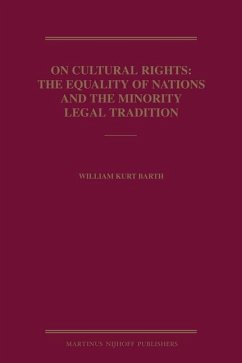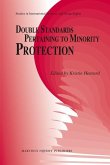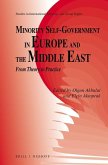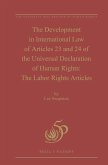This work addresses the question: how has the evolution of a legal regime within the United Nations and regional organisations influenced state behaviour regarding recognition of minority groups? The author assesses the implications of this regime for political theoristsa (TM) account of multiculturalism. This research bridges a gap between normative questions in political theory on multiculturalism and the international law on minorities. It does so by means of case studies of legal challenges involving two groups, namely, the Aboriginal peoples of Canada, and the Roma peoples in Europe. The author concludes by discussing the normative implications of the minority regime for helping to resolve conflicts that arise out of state treatment of minority groups.








